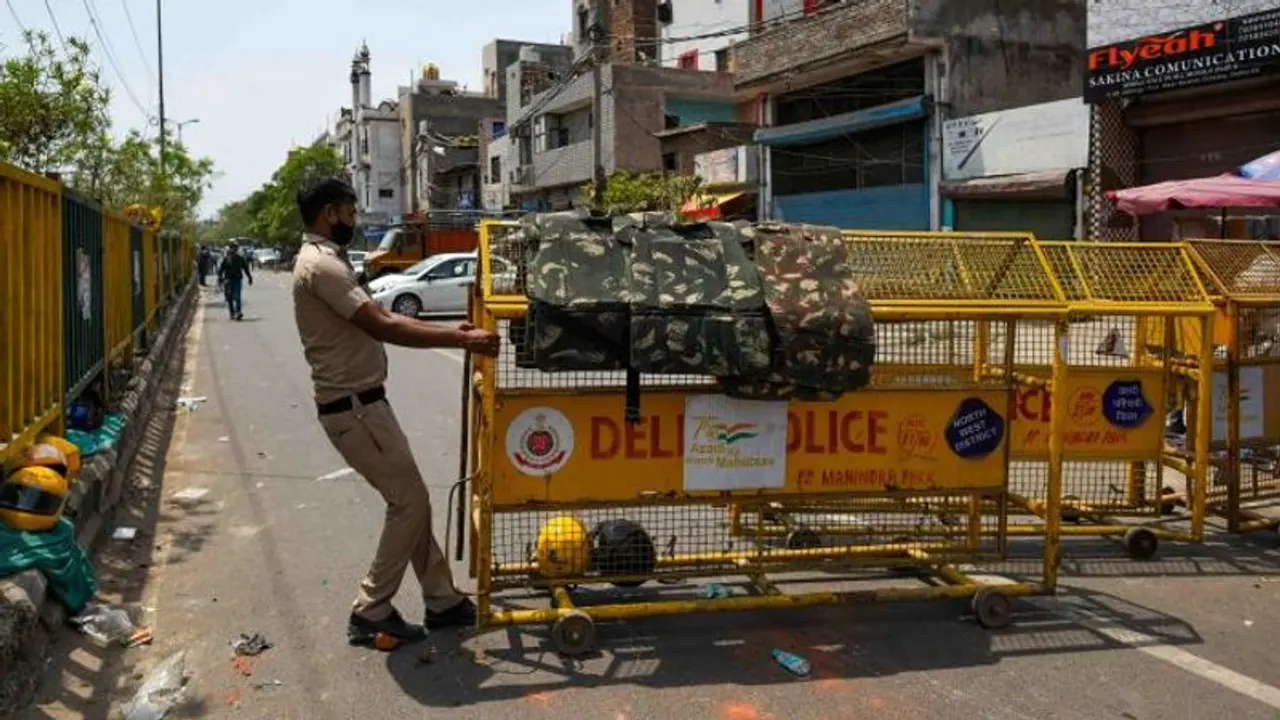Pakistan has once again poked its nose in India's internal affairs with its Foreign Office raising the Jahangirpuri violence in New Delhi to fan communal sentiments.
Pakistan has once again poked its nose in India's internal affairs with its Foreign Office raising the Jahangirpuri violence in New Delhi to fan communal sentiments.

In a statement, the Pakistani foreign office said that the 'gravity of the state-sanctioned hysteria and hatred in India against Muslims' had emerged once again with a despicable attempt to hoist the saffron flag at Jahangirpuri's Jamia Masjid in New Delhi. Ironically, Delhi Police Commissioner Rakesh Asthana on Monday ruled out that any such attempt was made in Jahangirpuri.
Also Read: Explained: Why is Taliban threatening war against Pakistan?
Painting a grim picture and furthering its vested interest to provoke, the Foreign Office statement compared the Jahangirpuri violence to the Delhi riots of February 2020 which, according to Islamabad, was aimed at 'discriminating, dispossessing and dehumanising the Muslim community.'
It further claimed that the deep penetration of Hindutva ideology into the fabric of the Indian state and society was revealed through scenes of vandalization of mosques and demolition of houses, businesses and shops belonging to Muslims by local authorities in Gujarat and Madhya Pradesh.
Unmindful of its own questionable track record when it comes to minorities, Islamabad called upon the Narendra Modi government to transparently probe the acts of violence and intimidation against Muslims.
Pakistan also sought to internationalise the issue, calling upon the international community, especially human rights organizations and the United Nations, to hold India accountable for its human rights violations against minorities, particularly Muslims.
The Pakistani Foreign Office rant comes merely days after the US State Department released the Pakistan 2021 Human Rights Report on Wednesday that listed gross human rights violations and concluded that there was no respect for civil liberties in the country. The report highlighted how there was a lack of government accountability, and how abuses often went unpunished which encouraged a culture of impunity among perpetrators.
The significant human rights abuses in Pakistan included credible reports of unlawful or arbitrary killings and politically motivated reprisal against individuals in another country, including killings, kidnappings, or violence.
Also Read: Don't test Afghans; there will be dire consequences: Taliban warns Pakistan after airstrikes
Also Read: Explained: The road that Shehbaz Sharif needs to take
